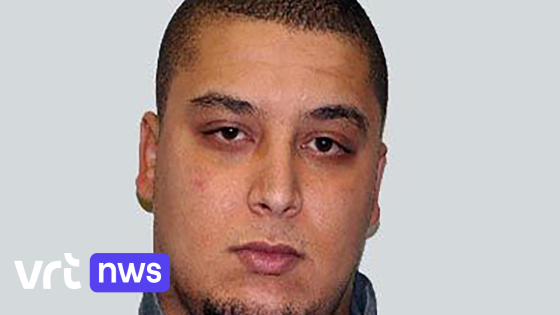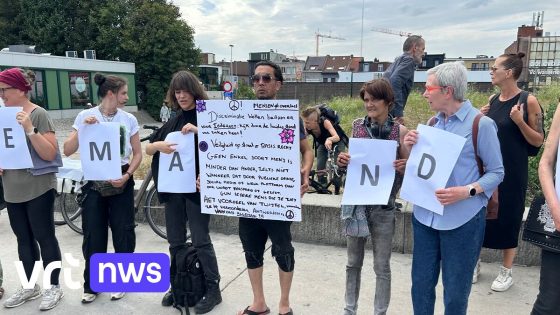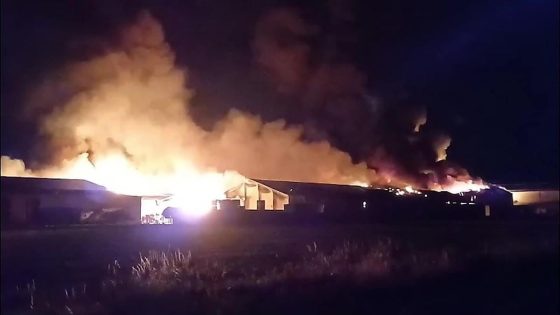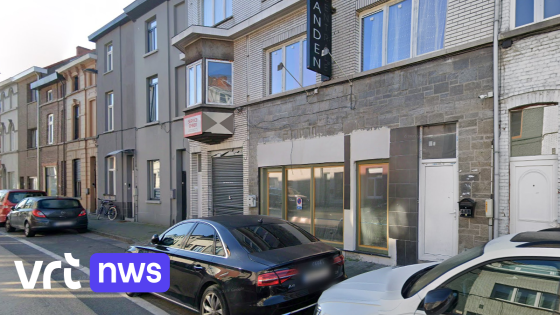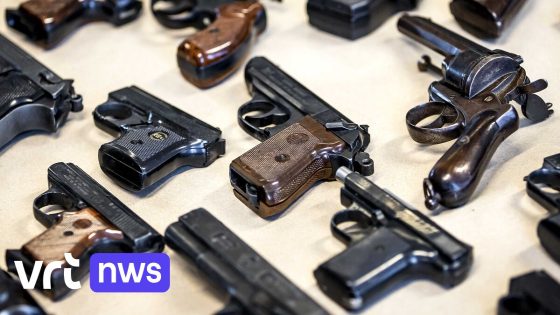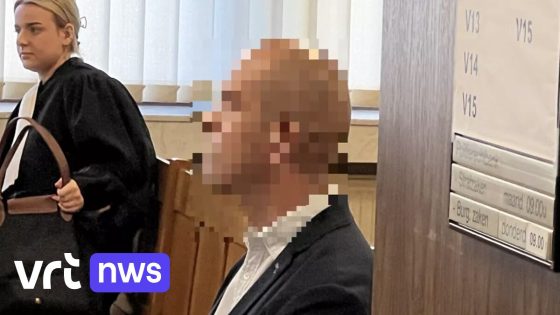The El Hajjioui trial continues to unravel into a complex legal maze, capturing attention across Belgium. Originally slated to be part of the major “Bommen en Granaten” case involving drug smuggling and violence, El Hajjioui’s prosecution has faced multiple setbacks. On 2025-06-24 13:53:00, new developments emerged as his legal team submitted yet another wrakingsverzoek, or request for recusal.
- El Hajjioui faced complex legal proceedings
- Belgium's extradition request excluded key charges
- El Hajjioui tried separately from main trial
- Defense submitted multiple wrakingsverzoeken repeatedly
- Most wrakingsverzoeken were rejected by courts
- Some wrakingsverzoeken partially altered in cassatie
Belgian courts have seen this tactic before; El Hajjioui has filed fourteen such requests across nine different cases. His initial trial was separated from the larger group due to procedural issues—his specific charges were not included in Belgium’s extradition request to Dubai. What does this mean for the Belgian justice system and public trust? The outcome of this latest request remains to be seen, raising questions about judicial efficiency and accountability.
Why do these wrakingsverzoeken keep coming, and what effect do they have on the justice system? The repeated procedural delays may frustrate victims and the public, but they also emphasize the need for precise extradition protocols. Key points to consider include:
- El Hajjioui’s separation from the main “Bommen en Granaten” trial due to extradition scope issues
- The frequency of his legal challenges, with most requests denied but some partially upheld on appeal
- The strain such delays place on judicial resources and public confidence
As this case progresses, Belgian authorities and legal experts should reflect on improving extradition clarity and reducing procedural bottlenecks. Will the system adapt to prevent similar delays? Keeping an eye on these developments is crucial for anyone following justice reforms in Belgium.



